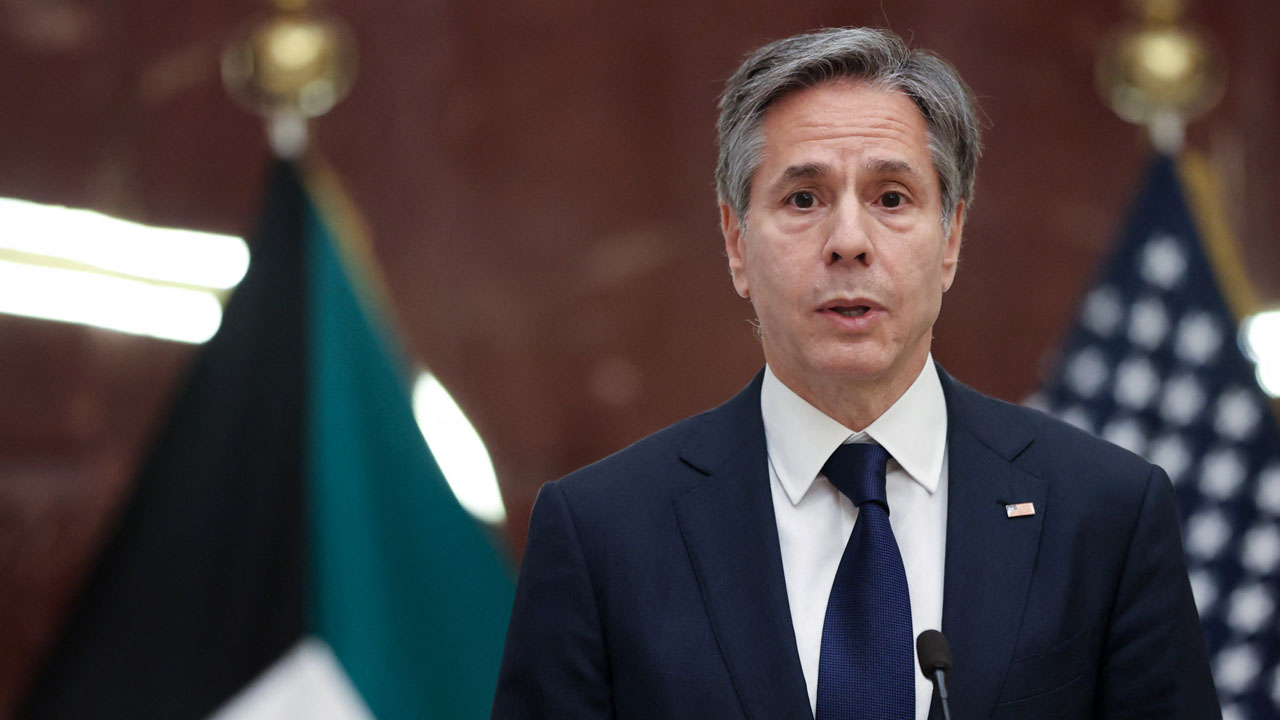
The United States has removed Nigeria from its religious freedom blacklist, AFP reported on Wednesday.
Countries on the blacklist, according to the United States Secretary of State Antony Blinken, are “Burma, the People’s Republic of China, Eritrea, Iran, the DPRK, Pakistan, Russia, Saudi Arabia, Tajikistan, and Turkmenistan.”
They are categorised as Countries of Particular Concern for having engaged in or tolerated “systematic, ongoing, and egregious violations of religious freedom.”
“We will continue to press all governments to remedy shortcomings in their laws and practices, and to promote accountability for those responsible for abuses,” Blinken said in a statement.
“The United States remains committed to working with governments, civil society organizations, and members of religious communities to advance religious freedom around the world and address the plight of individuals and communities facing abuse, harassment, and discrimination on account of what they believe, or what they do not believe.”
Algeria, Comoros, Cuba and Nicaragua were placed on a watch list.
The US Secretary of State announced the designation of “al-Shabab, Boko Haram, Hayat Tahrir al-Sham, the Houthis, ISIS, ISIS-Greater Sahara, ISIS-West Africa, Jamaat Nasr al-Islam wal-Muslimin, and the Taliban as Entities of Particular Concern.”
Blinken, however, noted that the United States will continue to impose restrictions on countries whose governments deny citizens of freedom to religion.
“In far too many places around the world, we continue to see governments harass, arrest, threaten, jail, and kill individuals simply for seeking to live their lives in accordance with their beliefs,” Blinken said.
He noted that the challenges to religious freedom in the world today are structural, systemic, and deeply entrenched.
“They exist in every country. They demand sustained global commitment from all who are unwilling to accept hatred, intolerance, and persecution as the status quo. They require the international community’s urgent attention,” Blinken said.
[ad unit=2]



